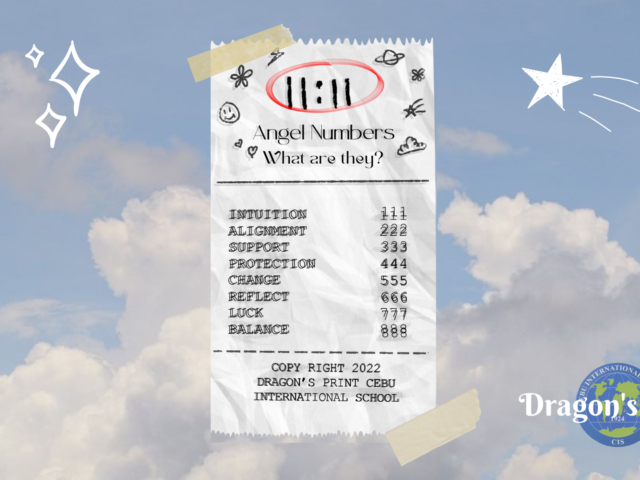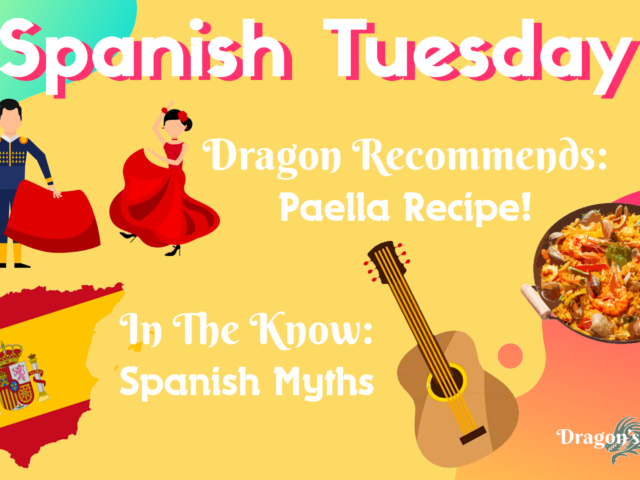There are three important things to remember when learning a language:
1) What the fun words are
2) Who your bilingual friends are
3) How you can use the second to achieve the first.
It adds a whole layer of depth to the way you speak and write a language when you know the idioms and literary phrases behind it, so let’s delve into some of the more interesting words of the Mandarin Chinese language!
1. 加油 (jiá yóu) — Let’s start with Ms. Jin’s favorite phrase! Its literal translation is “to add fuel”, and while this may sound strange to hear in English, it’s actually a Chinese idiom for encouragement. So, metaphorically, it really does mean “to add fuel”. If you’re in Ms. Jin’s Mandarin class and you hear her say “加油!”, she is telling you, “You can do it!”
2. 囧 (jiǒng) – This character looks like an embarrassed face, so while it technically translates to window, it’s internet slang for “embarrassed”. It can also mean unimpressed or surprised.
3. 告白 (gào bái) – In standard Mandarin, this means “public announcement”. However, it is commonly used to mean “a heartfelt, sincere confession”. (I guess you can say confessing to your crush is one big 告白.)
4. 马马虎虎 (mǎma-hūhū) — Literally, this phrase means “Horse Horse Tiger Tiger”, which doesn’t make much sense, but it is actually a Chinese idiom meaning “so-so”, “not that good”, or “just passable”.
5. 缘分 (yuán fèn) — This phrase means something akin to the fate of two people. The idea behind this word is similar to that of the “Red String of Fate”; there is an irrefutable bond between two people, keeping them connected through time, distance, and circumstance.
6. 旖旎 (yǐ nǐ) — This was originally used to describe flags flying in the sky. Now, it is used as a literary expression to describe a girl who is enchanting or charming. Can you think of a girl who is charming to you?
7. 唯美 (wéi měi) — You could say this word means “aesthetic” in Chinese. It doesn’t exactly mean just that in daily Chinese life, but it’s related to aestheticism and depicts simplicity in its magnificence, so “aesthetic” comes pretty close.
8. 风花雪月 (fēng huā xuě yuè) — This phrase is a combination of “wind”, “flower”, “snow”, and “moon”. It has two uses. First, it can be used to express disapproval, such as when you criticize a literary work that is written beautifully but has no real meaning and is there merely for sentimentality. However, it can also be used as approval: meant to describe that “love is in the air”.
9. 卡哇伊 (kǎ wā yī) — Do you recognize the pinyin1? This is the famous Japanese word for “cute”! This is a loanword from Japanese, but it’s fun to know that a commonly used phrase in anime can also be found in Chinese.
10. 知音难觅 (zhī yīn nán mì) — This Chinese phrase means: “A best friend is hard to find.” So it’s good to remember that no matter the cultural differences, no matter the language barrier, the principles of life remain the same: it’s hard to find our best friend—there is quite literally no one like them—and so it is our duty to cherish them while they are in our lives.
As presented in the last example, there are depictions and feelings that we can find in everyday life but can never really find the words for. Sometimes, there are simply words and phrases to describe something that cannot be found in our mother tongue, but can be found in another language. By keeping an eye out for these kinds of words, we are opening ourselves up to discovering the hidden treasures buried in languages we have yet to learn.
1romanization of Chinese characters; literally, “spelled sounds”.
Article by Venise T. (Grade 11); Feature image by Katrina R. (Grade 12)
The views expressed in this article represent the personal views of the author and should not be taken to represent the views of Dragon’s Print and Cebu International School.
![]()



Leave a Reply